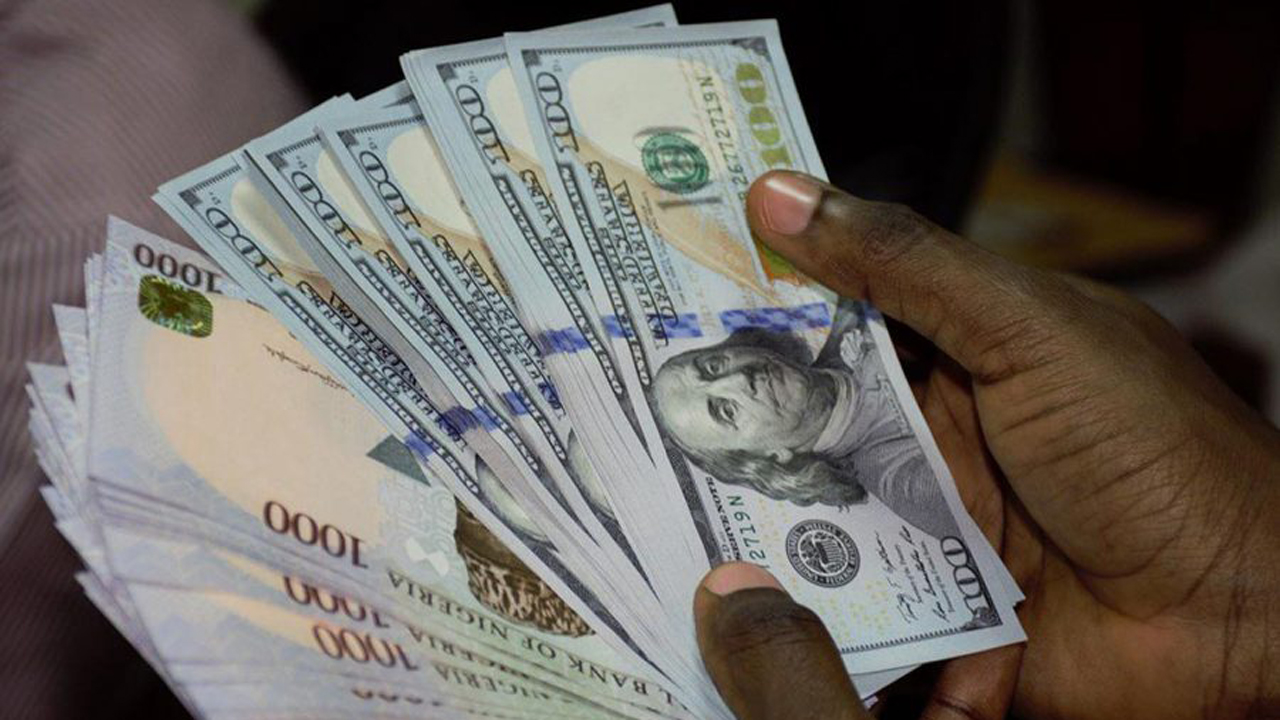
Fitch Solutions, a financial intelligence provider, has forecasted that the Naira could depreciate to N1,993 per US dollar by 2028.
In a report from its subsidiary, BMI Research, Fitch indicated that while Nigeria’s economy may experience some recovery, the country’s medical device market will continue to face operational and demand-related challenges in the near term.
“Nigeria’s medical device market is projected to grow at a compound annual growth rate (CAGR) of 10.8% from 2023 to 2028 in local currency terms, and 9.6% in U.S. dollar terms, reaching a market value of N171.1 billion (USD 344.7 million) by 2028,” the report states.
The report adds, “We expect high demand for medical devices, particularly diagnostics, consumables, and hospital equipment, driven by efforts to increase health spending for universal coverage, a large population, and the burden of both chronic and communicable diseases.”
The National Health Insurance Authority Bill signed into law in 2022, which mandates health insurance for Nigerian citizens and legal residents, is seen as an example of policy moves expected to support this demand.
However, the report also notes challenges, citing companies like Sanofi and GlaxoSmithKline that exited Nigeria due to naira devaluation. Continued currency weakness is expected to raise import costs for medical devices and reduce consumer purchasing power.
Fitch’s subsidiary points out that despite government incentives, Nigeria’s local manufacturing of medical devices remains limited, with the country relying on imports for over 95% of medical devices. Fitch projects the naira will end at N1,993 per dollar in 2028, compared to N306 in 2018.
As the naira depreciates, importing medical devices will become more costly, putting a strain on the health system and reducing patients’ purchasing power, especially for essential medical technologies.
Conversely, a weaker naira could boost the competitiveness of locally manufactured medical devices for export, supporting growth in the sector.
In response to inflation and high medical service costs, President Bola Ahmed Tinubu signed an executive order in June 2024 aimed at reducing healthcare production costs by removing tariffs, excise duties, and VAT on select equipment, materials, and machinery.
This policy targets essential healthcare products, including pharmaceuticals, diagnostics, medical devices, biologicals, and medical textiles, to bolster local manufacturing and competitiveness.
Rice, a staple for Christmas celebrations in Nigeria, has become a luxury this year. Soaring…
Panic erupted on Saturday at a concert in Lagos when the stage collapsed during Odumodublvck’s…
The Federal Government of Nigeria has allocated ₦6,364,181,224 billion for the refurbishment and rehabilitation of…
The black market dollar to naira exchange rate for today, 22nd December 2024, can be…
The Nigerian National Petroleum Company Limited (NNPCL) has refuted claims that the 60,000 barrels per…
Manchester City finds itself in unprecedented turmoil, with relegation-level form showing little sign of improvement.…